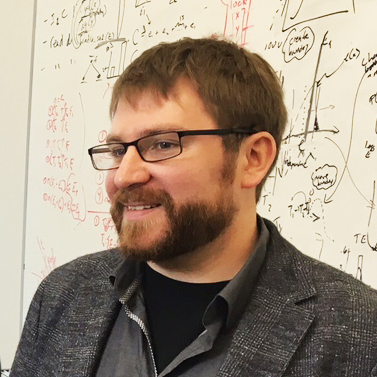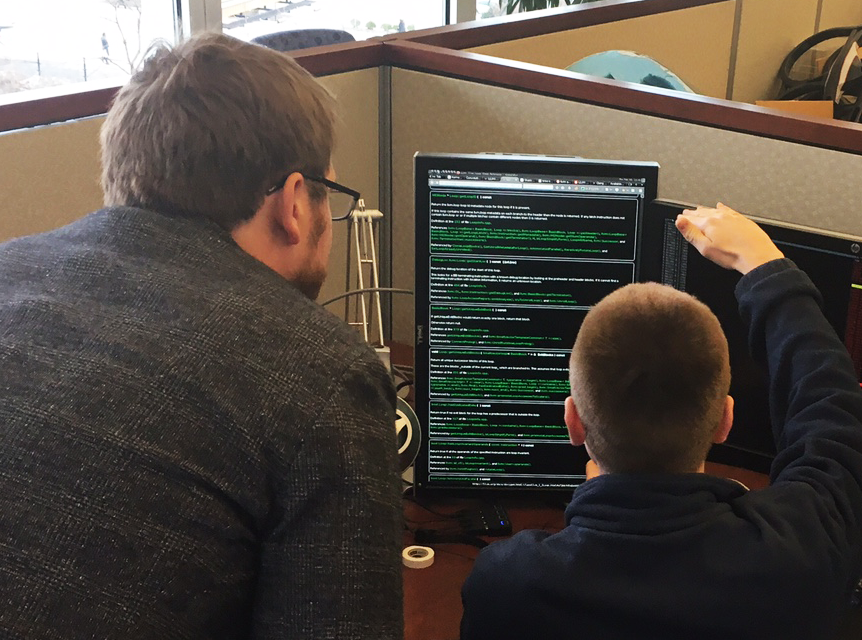Intelligence beyond the edge
Brandon Lucia, Nathan Beckmann, and their student present first-ever demonstration of machine learning inference using deep neural networks on a batteryless, intermittent computing device at ASPLOS 2019.
Imagine an electronic device that draws energy from the environment, never needing to be plugged in. Operating by collecting small amounts of energy extracted from their environment, tapping into sources such as radio waves, solar energy, and vibration, batteryless, energy-harvesting devices have the potential to impact our day-to-day lives. However, building reliable batteryless hardware and software computer systems is a challenge because energy is only intermittently available, and power failures interrupt the device’s operation.

Source: College of Engineering
Brandon Lucia, assistant professor of electrical and computer engineering.
In a recent paper, Brandon Lucia, assistant professor of electrical and computer engineering, and Nathan Beckmann, assistant professor of computer science, along with their Ph.D. student Graham Gobieski, demonstrated for the first time machine learning inference using deep neural networks on a batteryless, intermittent computing device. The team presented their work at the 24th ACM International Conference on Architectural Support for Programming Languages and Operating Systems (ASPLOS) this week.
“The significance of this result is that now even tiny, environmentally deployed sensor devices can use the power of machine learning to draw sophisticated conclusions about the data that they collect without the need to send all of the sensor data to the cloud,” says Lucia.
Wirelessly communicating from a sensor-equipped device consumes a majority of the scarcely available energy. Normally, a device must send its data to the cloud for processing, paying this high energy cost. By instead enabling the tiny, batteryless devices to do machine learning inference locally, the high energy cost of the communication can be avoided, making the device tens or hundreds of times more efficient.
“The new software techniques that we developed work for a wide variety of batteryless devices, without relying on special hardware,” says Beckmann. “We developed novel software mechanisms that make sure deep neural networks work correctly when power fails suddenly, without slowing them down or wasting energy.”

Source: College of Engineering
Brandon Lucia with Ph.D. student Graham Gobieski.
This innovative technique has the potential to impact various fields, from implantable medical sensors to civil infrastructure monitors and IoT devices.
Lucia has previously been awarded a National Science Foundation (NSF) CAREER Award and the 2015 Bell Labs Prize for his research on the next generation of reliable, capable intermittent computer systems. Beckmann won a Google Faculty Research Award in 2019 and the 2015 George M. Sprowls Award for best Ph.D. thesis in computer science at MIT.
